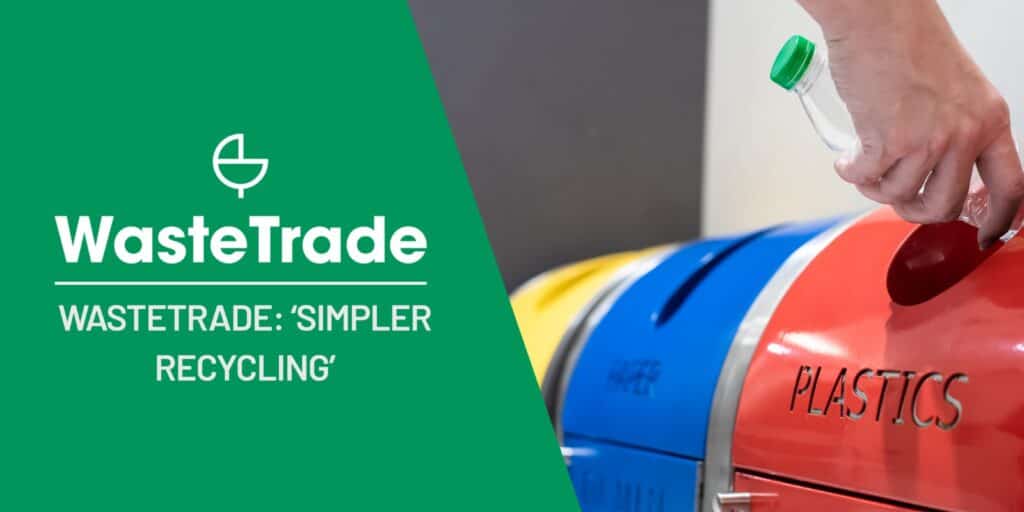Окт 26, 2023
Simpler Recycling: A Step Forward, But Is It Enough?

The English landscape of recycling is undergoing a significant transformation, as the government unveils its ‘Simpler Recycling’ plans. Paul Sanderson, The Recycling Association’s chief executive, welcomes the initiative’s focus on dry core materials – paper, card, plastics, metals, and glass packaging. However, the proposal’s wider context and its potential impact demand deeper analysis.
Simpler Recycling
In recent times, the nation witnessed the contentious ‘seven bins’ issue that stoked public debate. Rishi Sunak’s dismissal of the multi-bin approach led to the rebranding of the recycling strategy to ‘Simpler Recycling’, shifting the emphasis from the plethora of bins to an efficient and streamlined recycling system.
At its heart, ‘Simpler Recycling’ aims to standardise waste collections across England, targeting materials such as glass, metal, plastic, paper, card, and even more elusive waste streams like plastic film by 2027. With the overarching goal of making recycling more straightforward and effective, the programme promises weekly food waste collections for “most” households by 2026 and fortnightly residual waste collections as a minimum standard.
A Broader Perspective
WasteTrade, a staunch advocate for prioritising the increase of recycling rates, finds the uniform approach particularly encouraging. Their spokesperson stated, “The future of our planet depends on our ability to adapt and evolve our recycling practices. ‘Simpler Recycling’ is a step forward, reflecting a collective commitment to better waste management and a greener future.”
However, challenges remain. The Recycling Association has expressed concerns over the commingling of materials, especially paper and cardboard. By keeping these separate, contamination can be minimised, ensuring higher-quality recycling outputs. The integration of the ‘Simpler Recycling’ scheme across households and businesses is promising, yet the staggered implementation timelines may pose initial roadblocks. Moreover, the strategy’s exemption clauses – particularly for local authorities tied into long-term waste disposal contracts – could potentially slow down the food waste collection’s momentum.
A Leap Towards Inclusivity
The rebranded ‘Simpler Recycling’ initiative is set to cast its net wide. Besides the residential sector, it will also encompass non-household municipal premises like businesses, hospitals, schools, and universities. Moreover, Defra’s contemplation to expand this definition to include places of worship, prisons, charity shops, and residential hostels further underscores the government’s commitment to comprehensive waste management.
The unveiling of ‘Simpler Recycling’ is undoubtedly a defining moment in England’s journey towards sustainable and circular waste management. While the initial reception appears positive, with industry stalwarts and producer groups endorsing the shift, the programme’s nuances, exemptions, and implementation timelines merit careful consideration. As we navigate this transformative phase, it’s crucial to strike a balance between ambition and practicality, ensuring that our recycling endeavours are both efficient and impactful.





